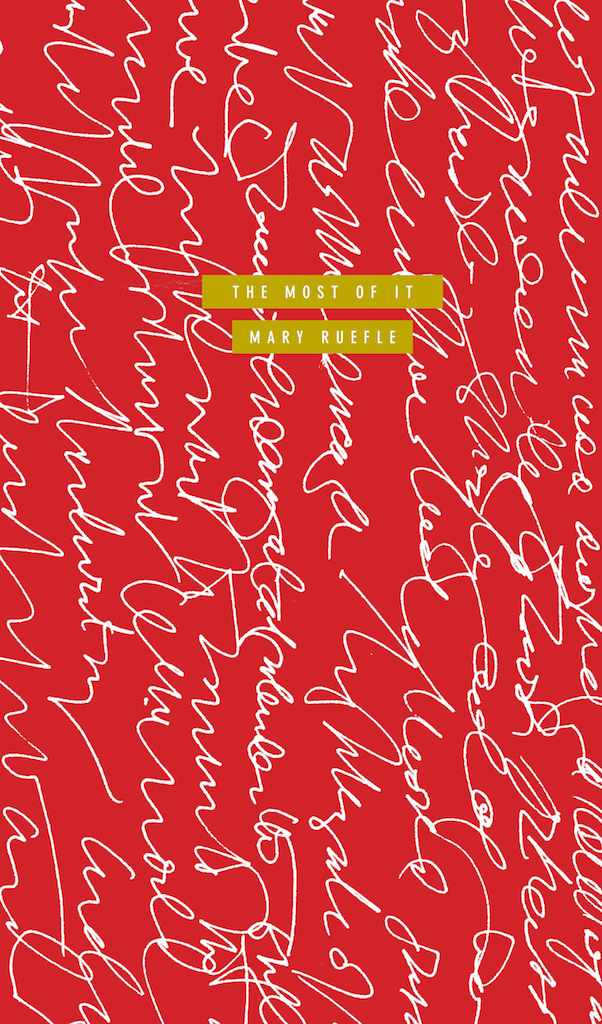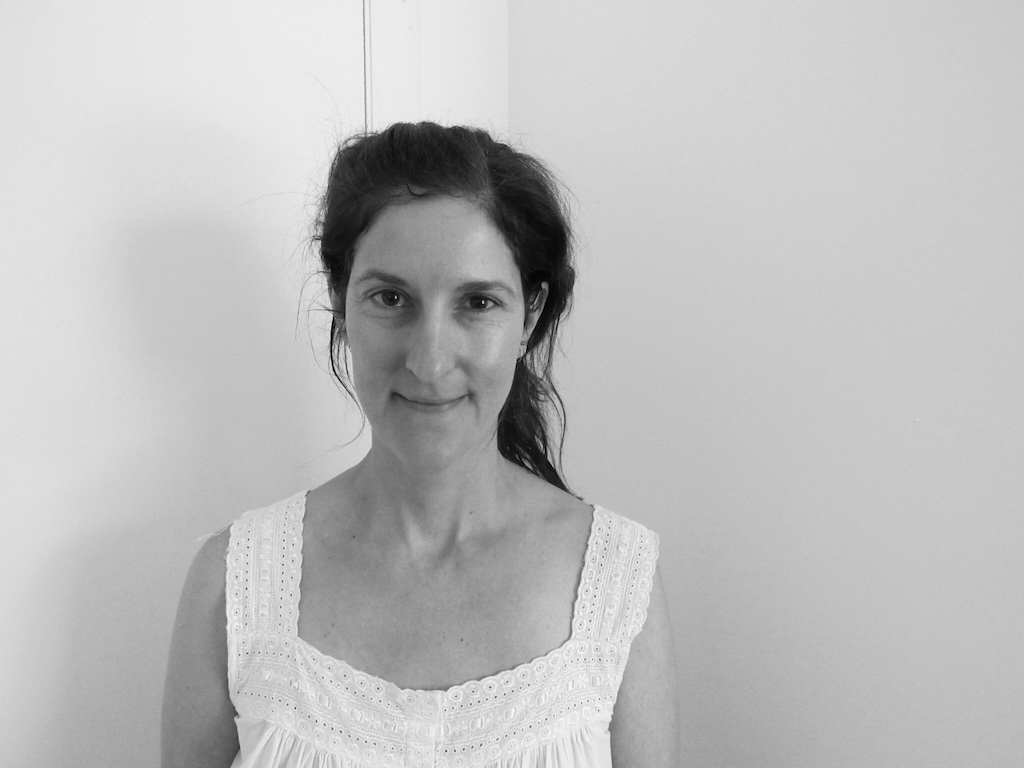It’s not logical, but I felt a twinge of disappointment when I went to write about Mary Ruefle’s poem “The Bench” and discovered it was posted on the Poetry Foundation website. That means lots of people have read it. I’ve known this poem for so long that I thought it had been my secret, or a secret between Mary Ruefle, whom I’ve never met though I’ve heard her read a number of times, and me. It’s a preposterous, proprietary feeling that happens when a poem has been internalized and resides in perpetuity in the recesses of your imagination. I first read this poem in the “Readings” section of Harper’s exactly twenty years ago, in the aftermath of the Clinton impeachment hearings. The poem describes some of the fundamental frustrations of arguing and the unforeseen turns that bring about resolution. In it, the speaker and her husband argue about the measurements of a bench they would like to place in their yard, though both parties seem to understand that no one will ever actually sit on the bench. The predicament in which the speaker and her husband find themselves—arguing about a bench that doesn’t exist—resonates with every argument I’ve ever had, both real and imagined, with everyone from family members to political figures. The poem gave me a sense of dignity and camaraderie regarding these arguments. I found the speaker’s conviction in abstract thinking a comfort when she says, “the longer the bench, the greater the expanse of that plank, the more it matched its true function, which was imaginary. My husband mentioned money and I said that I was happier to have no bench at all, which would cost nothing….”
In this argument, aesthetics are moral, and therefore political, particularly when this kind of argument is applied to the current state of the world. That is to say, the argument about the bench, like many arguments, is about truth. The participants both believe their bench is the true bench. Despite the argument’s low stakes, it describes the larger philosophical positions of the speaker and the husband. The speaker describes her bench in terms of the eternal; the husband’s bench is mortal. He is concerned with the practical aspects of the bench, primarily that it could be sat upon: “For these people, the bench was an emblem of their days, which were fruitful because their suffering had come to an end.” The speaker argues for a bench suspended from time: “On my bench, which was always empty, nothing had come to an end because nothing had begun….”
How will they ever resolve this? How will they discern which ideals are worth having? I feel close to this poem in the same way that I still feel close to the primal sensation of childhood rage at injustice. It’s been brought to the fore of my mind by the many crises that surround us. I see our president and other officials in the public and private spheres distorting the truth and eroding our public, shared capacity to recognize it, which is essentially an attempt to disable the kind of argument that takes place in this poem. It seems to me that the “arguments” in our world are far off from the sincere philosophical positions of the two people in the poem. Because of an essential commitment to the truth, they are able to overcome what appears to be the insurmountable impasse of one foot of an imaginary bench. “The sound of our voices revealed a renewed interest and vigor. I thought I sensed in him a coming around to my view of the bench and I know he sensed in me a coming around to his view of the bench…” In the end, it’s not clear which bench they chose because they chose a shared bench. It turns out that, in their individual quests for the true bench, they arrived at the same bench. This is a kind of argument that is worth having.




